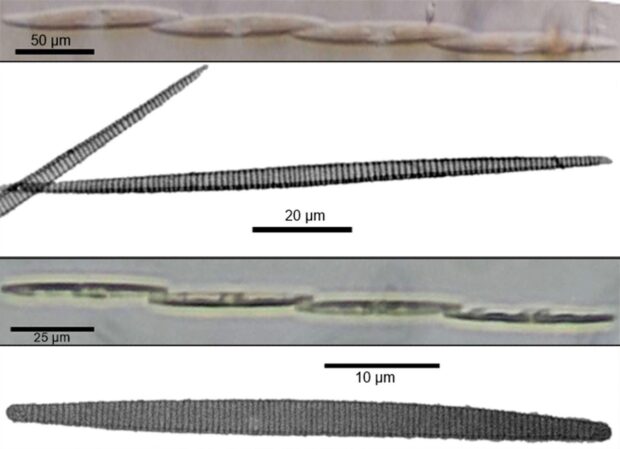Scientists discover amnesia-causing diatoms at Luzon shellfish farms

MANILA, Philippines — Scientists have discovered two diatoms in shellfish farms in Luzon that can cause severe sickness and amnesia.
“An international team of scientists has just confirmed the presence there of two species of Pseudo-nitzschia diatoms capable of producing a dangerous neurotoxin that can cause severe sickness and memory loss,” a statement by Ateneo de Manila Research Communications read.
The statement added that a person who consumes domoic acid produced by Pseudo-nitzschia “may experience vomiting, nausea, diarrhea, and abdominal cramps” and memory permanent loss of short-term memory.
Further, scientists from the Ateneo de Manila University and Universiti Malaysia Sarawak conducted a study on the physical and genetic characteristics of diatoms in water samples of shellfish farms in Bacoor Bay and Pagbilao Bay in Luzon.
READ: Local scientists develop orthopedic devices
“It is important to be aware of the toxic potential of these diatoms and to monitor them accordingly, but such efforts must begin by establishing their presence in our waters,” said researchers Lorenzo Botavera, Janice Ragaza, Hong Chang Lim, and Sing Tung Teng.
“To our knowledge, the molecular taxonomy of Pseudo-nitzschia in the Philippines is virtually nonexistent,” the researchers added.
The researchers then confirmed the presence of Pseudo-nitzschia pungens and Pseudo-nitzschia brasiliana in the samples taken.
READ: PH marine scientists offer another kind of ‘diplomacy’ in WPS row
“They also noted that this is the first time that P. brasiliana has ever been found in Luzon,” the statement read.
They also emphasized the importance of monitoring harmful algal blooms or “red tide” where domoic acid can grow in filter-feeding shellfish like mussels and claims.